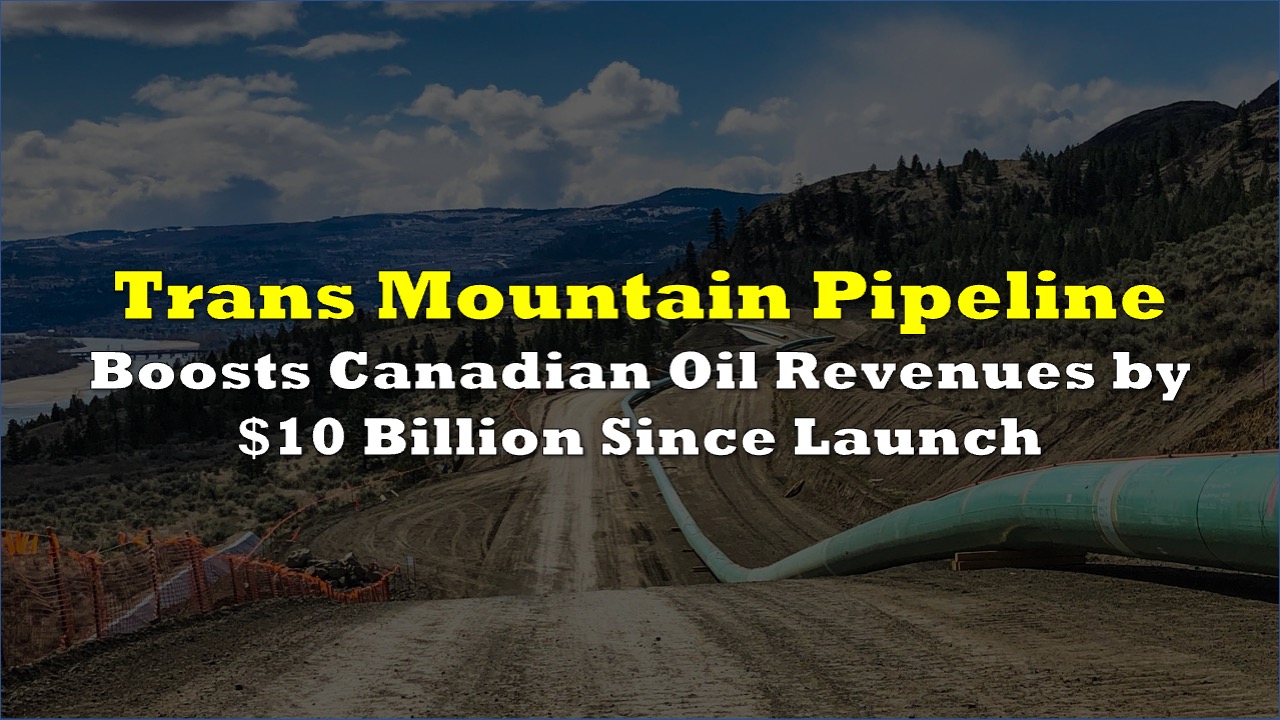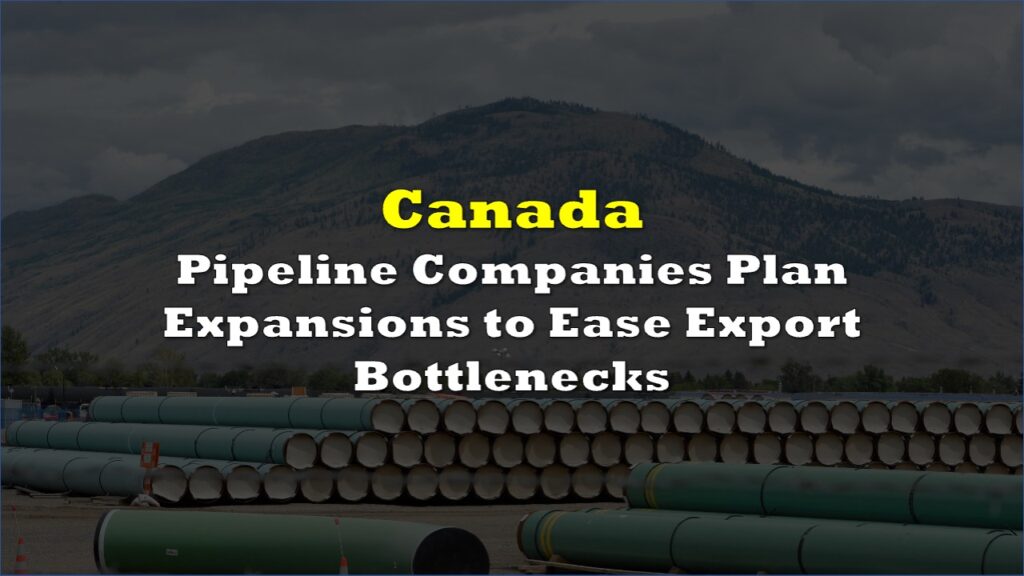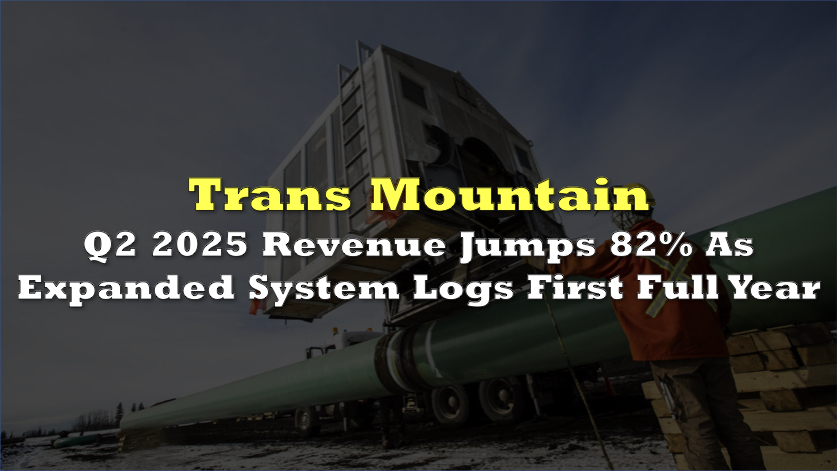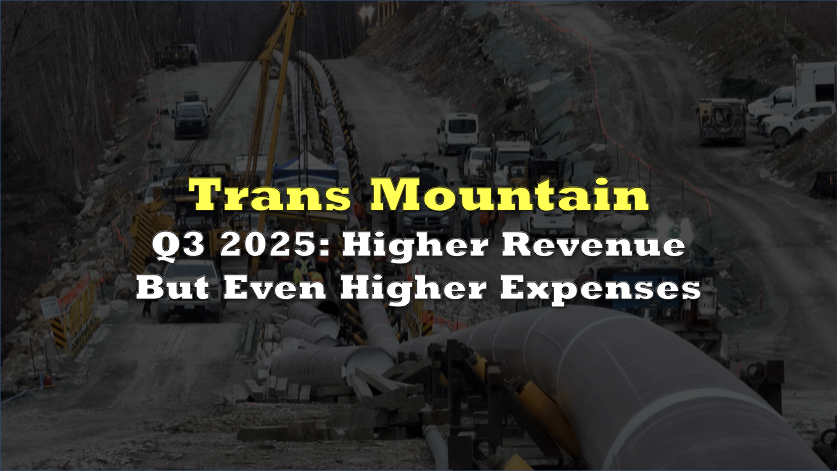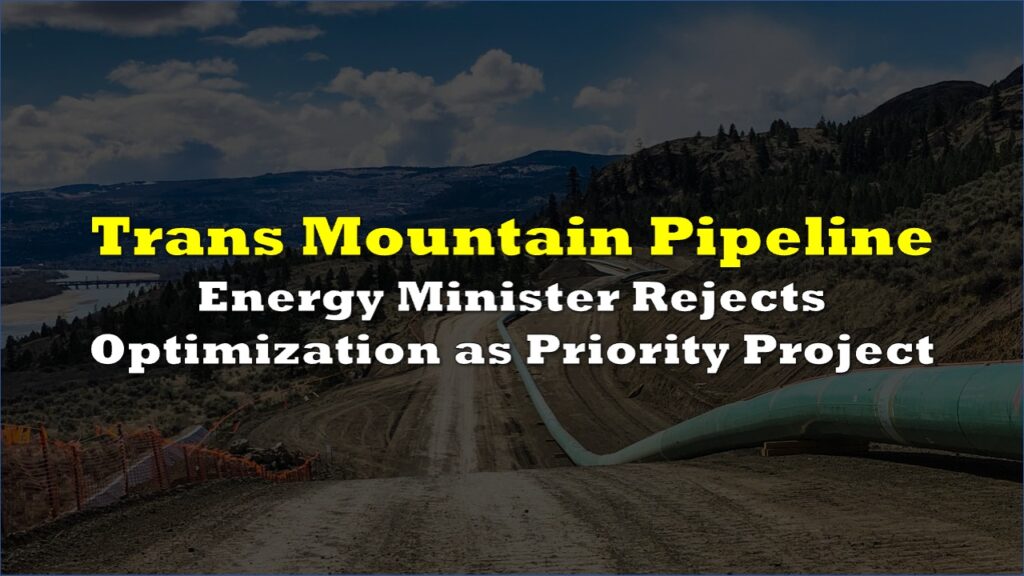Canada’s expanded Trans Mountain Pipeline has generated an estimated $10 billion in additional oil revenues since beginning operations in May 2024, according to industry analysts and government officials, validating the controversial project’s economic rationale despite massive cost overruns.
The pipeline expansion, which increased daily shipping capacity to 890,000 barrels from 300,000, has narrowed the price gap between Canadian heavy crude and US benchmark oil by approximately $8-10 per barrel, industry data shows.
In the 15 months Trans Mountain has been fully operational, the price differential has narrowed significantly by about US$8 per barrel, increasing oil revenues by approximately US$9 billion, equivalent to about $13 billion in Canadian dollars. https://t.co/v7DIpw6Psn
— Heather Exner-Pirot (@ExnerPirot) August 6, 2025
“It’s like if suddenly we had a 13th month of production in 2024,” said Charles St-Arnaud, chief economist with Alberta Central, whose recent analysis documented the revenue gains.
The improved pricing stems from the pipeline’s ability to transport Alberta oil sands crude to Pacific Coast terminals, providing access to Asian markets and reducing Canada’s dependence on US refineries. Previously, Canadian producers faced significant price penalties when pipeline bottlenecks limited export options.
Trans Mountain CEO Mark Maki said the expanded system has allowed roughly half of marine terminal shipments to reach non-US markets since operations began, diversifying Canada’s customer base.
The revenue gains have translated into higher government royalties and tax collections, particularly benefiting Alberta, which receives significant fiscal revenues from oil and gas production.
However, the project’s $34 billion final cost — nearly five times the original 2013 estimate — has raised questions about the government’s ability to recover taxpayer investments when it eventually sells the Crown-owned pipeline.
The federal government purchased the pipeline from Kinder Morgan in 2018 for $4.7 billion to ensure completion after facing environmental and Indigenous opposition.
The pipeline is expected to reach full capacity by 2027-2028 as Canadian oil production continues growing, with Alberta setting new output records in recent months.
Information for this story was found via the sources and companies mentioned. The author has no securities or affiliations related to the organizations discussed. Not a recommendation to buy or sell. Always do additional research and consult a professional before purchasing a security. The author holds no licenses.

